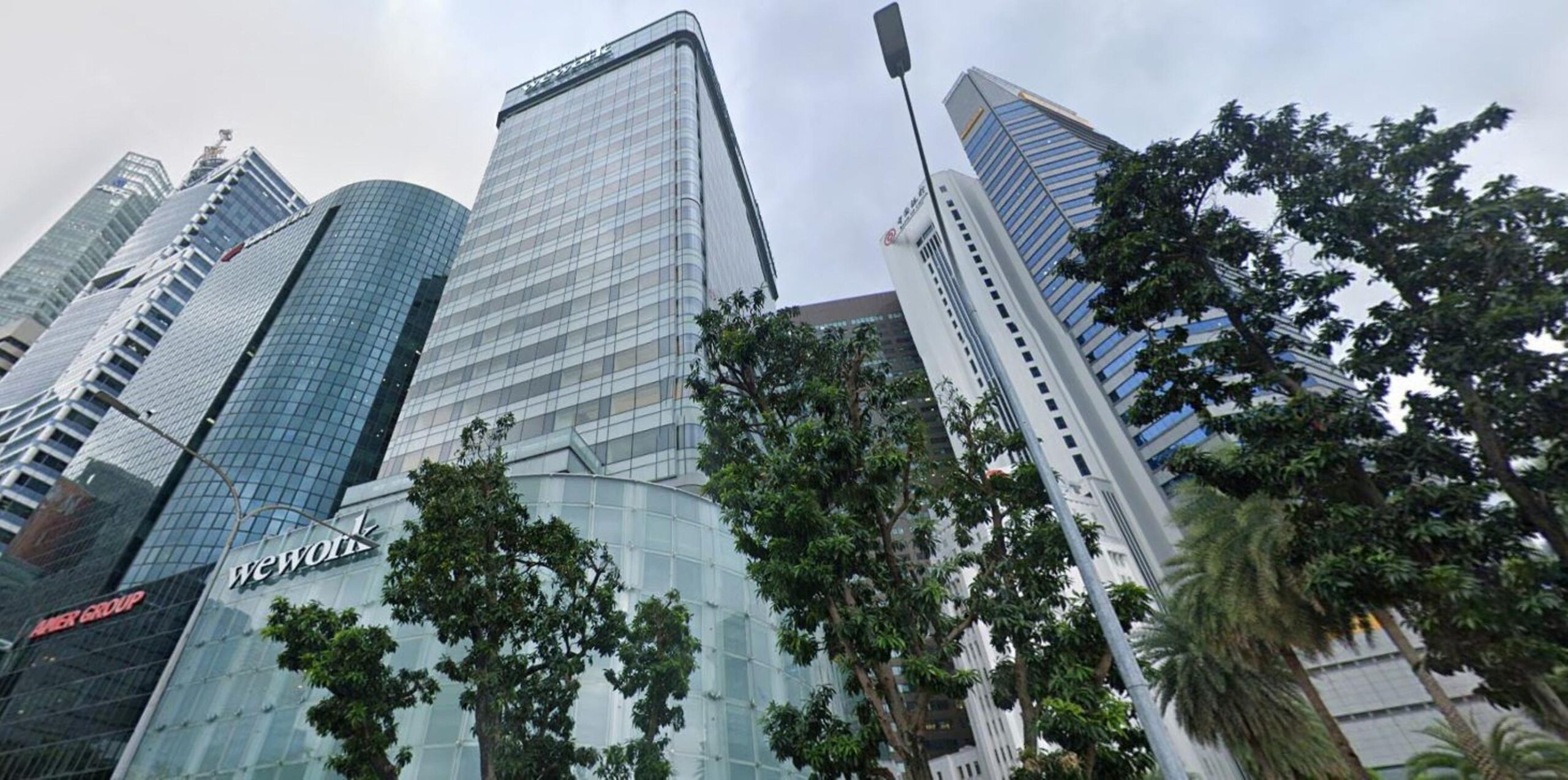EU's Carbon Border Tax: Impact on Global Trade and Supply Chains

The European Union's (EU) Emissions Trading System (ETS), which puts a price on carbon emissions, has led to some industries relocating outside the EU to reduce their costs. This phenomenon, known as 'carbon leakage', has prompted the EU to introduce the Carbon Border Adjustment Mechanism (CBAM).
CBAM, effectively a carbon border tax, aims to create a level playing field for EU and non-EU businesses while also encouraging global emission reductions. The mechanism operates by imposing a price on the embedded emissions of certain goods imported into the EU. Importers are required to monitor and report these emissions, ensuring that businesses bear the cost of their carbon footprint.
Currently, the CBAM covers aluminium, iron & steel, cement, electricity, fertilisers, and hydrogen. While reporting requirements are already in place, financial implications will begin in 2026. This means EU importers will pay a price for embedded emissions, with ripple effects on suppliers and supply chains globally.
The CBAM presents both challenges and opportunities for businesses. Exporters outside the EU and importers within the EU will face increased costs and navigate complex reporting regulations. Non-EU suppliers, in particular, will need to adapt to the new rules and accurately communicate emissions data to their EU clients.
However, the CBAM also offers a competitive advantage to businesses committed to low-emission production and efficient technology. These companies will be better positioned than those lagging behind in environmental performance.
The EU's CBAM is pioneering a trend towards carbon border taxes, with other regions, including the UK, considering similar measures. Businesses must proactively adapt to these developments to ensure long-term success:
Assess supply chains: Businesses should conduct a thorough evaluation of their supply chains to identify and address significant carbon emissions.
Implement decarbonisation strategies: Adopting technologies and practices that reduce carbon footprints is essential for long-term sustainability and competitiveness.
Stay informed and compliant: Keeping abreast of regulatory changes, focusing on compliance with reporting requirements, and being prepared for audits is crucial for navigating the evolving landscape.
The CBAM signifies a major shift in global trade, with implications for businesses worldwide. By understanding the mechanism, embracing sustainable practices, and staying ahead of regulatory developments, companies can navigate this new era of carbon-conscious trade.





